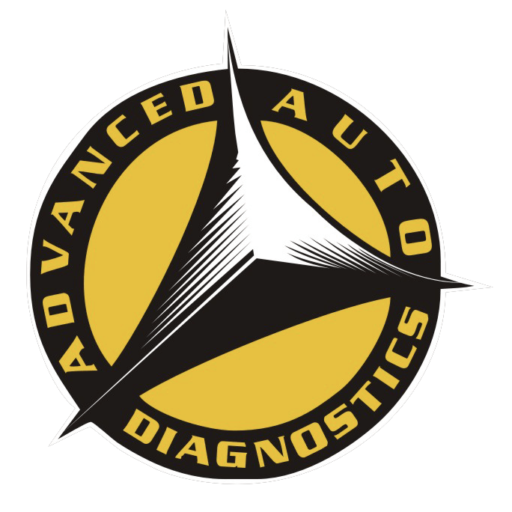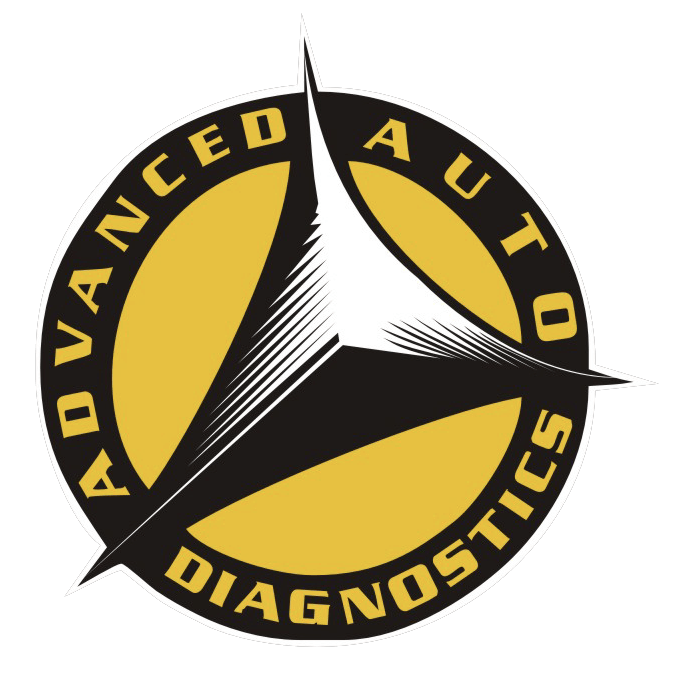Introduction
European cars are known for their exceptional engineering and performance. However, just like any vehicle, they can experience motor oil leaks, which can lead to various problems if not addressed promptly. In this comprehensive guide, we will delve into the key aspects of avoiding motor oil leaks in European cars. From understanding the potential causes to implementing preventive measures, this article aims to equip you with valuable knowledge to keep your European car running in top condition.
Avoid Motor Oil Leak in European Cars
When it comes to maintaining your European car, preventing motor oil leaks should be a top priority. By taking proactive steps and staying vigilant, you can save yourself from costly repairs and ensure the longevity of your vehicle. Let’s explore some essential guidelines to help you avoid motor oil leaks:
Regular Oil Check and Change
One of the fundamental practices to prevent oil leaks is to adhere to regular oil checks and changes. The engine’s oil plays a crucial role in lubricating moving parts, reducing friction, and dissipating heat. Over time, oil can degrade and lose its effectiveness, leading to leaks. Make sure to follow the manufacturer’s recommended oil change intervals and use high-quality oil that meets the specifications of your European car.
Inspect Gaskets and Seals
Gaskets and seals are critical components that help maintain a proper seal between engine parts. Due to constant exposure to heat and pressure, these components can wear out and develop leaks. Regularly inspecting gaskets and seals during routine maintenance can help detect potential issues early on and prevent leaks.
Address Cooling System Problems
The cooling system in your European car is responsible for regulating engine temperature. A malfunctioning cooling system can cause overheating, leading to oil leaks. Keep an eye on the coolant levels and promptly address any cooling system problems to avoid potential leaks.
Avoid Overfilling Oil
While it may seem like adding extra oil is harmless, overfilling can actually lead to leaks. As the engine heats up during operation, excess oil can be forced out of the engine and cause leaks. Always refer to the owner’s manual to determine the correct oil level for your vehicle.
Regular Inspection of Oil Pan and Drain Plug
The oil pan and drain plug are prone to damage and rust over time. Regularly inspecting these components can help detect any signs of wear or leakage. Replace damaged oil pans or drain plugs immediately to prevent oil leaks.
Use High-Quality Oil Filters
The oil filter plays a crucial role in removing impurities from the oil, ensuring smooth engine performance. Using high-quality oil filters can prevent clogging and maintain the integrity of the oil, reducing the risk of leaks.
Avoid Aggressive Driving
European cars are designed for performance, but aggressive driving can put excessive strain on the engine and increase the likelihood of oil leaks. Drive responsibly and avoid sudden accelerations or harsh braking to preserve the health of your car’s engine.
Inspect Engine Hoses and Connections
Engine hoses and connections can develop cracks or leaks over time, leading to oil seepage. Regularly inspecting these components can help you identify potential issues early on and prevent oil leaks.
Keep the Engine Clean
A clean engine is not only aesthetically pleasing but also helps in detecting oil leaks more easily. Regularly clean the engine bay and remove any dirt or debris that could obscure signs of leakage.
Frequently Asked Questions (FAQs)
- Q: Can I use any type of oil in my European car? A: It’s essential to use oil that meets the manufacturer’s specifications for your specific European car model. Refer to the owner’s manual for the recommended oil type and viscosity.
- Q: How often should I check my European car’s oil level? A: Regularly check the oil level at least once a month and before long trips. This practice will help you detect any significant changes in oil levels that could indicate a potential leak.
- Q: What are the signs of a motor oil leak in my European car? A: Some common signs of a motor oil leak include oil spots under the car, a burning smell, or a low oil level warning on the dashboard.
- Q: Can I use additives to stop oil leaks in my European car? A: While some additives claim to stop oil leaks, it’s best to address the root cause of the leak rather than relying solely on additives. Consult with a qualified mechanic for a proper diagnosis and solution.
- Q: Is it safe to drive with a motor oil leak in my European car? A: It is not recommended to drive with a motor oil leak, as it can lead to engine damage and unsafe driving conditions. Address the issue promptly to avoid further complications.
- Q: How can I find a reputable mechanic for my European car? A: Look for certified mechanics with experience in servicing European cars. Ask for recommendations from fellow European car owners or check online reviews and ratings.
Conclusion
Taking proactive steps to prevent motor oil leaks in your European car is crucial for maintaining its performance and longevity. Regular oil checks and changes, inspecting critical components, and driving responsibly can significantly reduce the risk of leaks. By following the guidelines provided in this comprehensive guide, you can enjoy a smooth and trouble-free driving experience with your European car.


